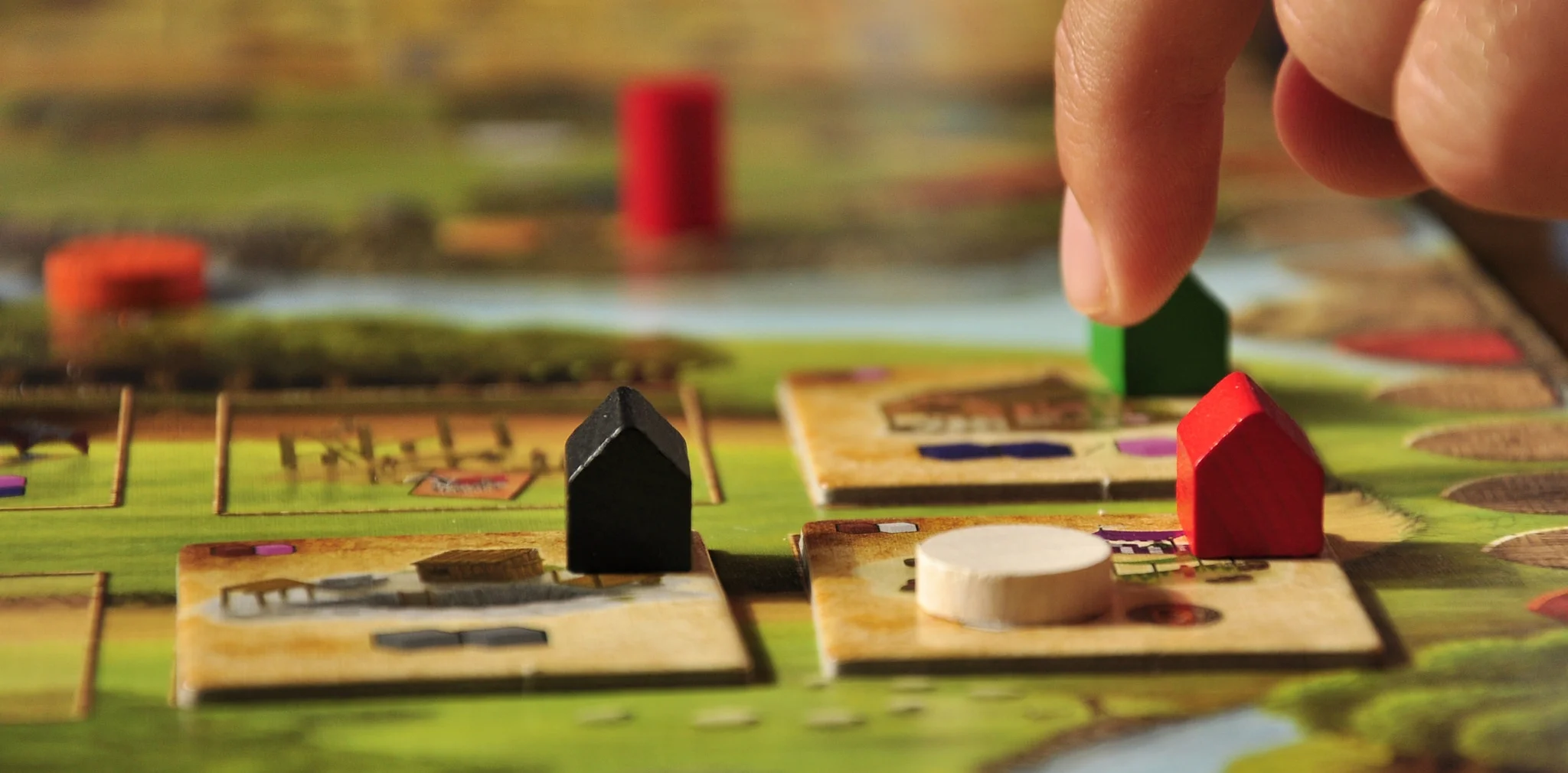Play Games. Ask Questions.
I have no idea how to teach my kids to read.
This fact should terrify me, except that I know my kids will soon be in classrooms with teachers who know far, far more than I do about teaching a child how to progress from letter sounds to chapter books.
I also know that my job as a parent is simply to prepare my kids so that they walk into kindergarten ready for reading. So I follow that famous parenting rule of thumb: I read to my kids for twenty minutes every night*. I’m not teaching my kids to read, but I am exposing them to reading in a way that is fun, low-pressure, and meaningful. Not only that, this daily habit gives me a chance to talk, joke, and connect with my kids. Those twenty minutes are often the best part of my day.
Reading isn’t the only topic my kids will be learning in school, however. They’ll also be learning math. In fact, my kids’ math readiness may even be more strongly correlated to their academic success than reading readiness, according to researchers.
But there’s a problem: Parents don't have a rule of thumb for math readiness. We don’t have a “read twenty minutes every day” for math. At least, not yet.
So I am officially proposing the parenting rule of thumb for math:
Play games. Ask questions.
Why games? At its core, math is about exploring the structure of the world. Games and puzzles have structures embedded within their fabric, structures which are readily explored by kids as they play. The rules, tools, and boundaries of games are precisely what make them fun and mathematical.
Chutes and Ladders can be a great way for young kids to practice number recognition and counting. SET helps kids to think logically and work on classifying shapes. Even a card game as simple as War could be mathematically rich for a child who is just beginning to compare the size of one number to another.
Why questions? Good question! As you play games with your kids, you will naturally encounter a moment where math appears. Who has more sets in Go Fish? Where does this edge piece go in the puzzle? What do we need to roll to land on that free space in Monopoly? And which combinations of dice rolls will get us that 7 we need to roll?
These questions help your child see the math in these games, any they’ll inevitably go looking for more. You may start to notice your kids bringing that sense of exploration into the rest of their world. Besides, these questions and conversations are much richer and more fun that just quizzing your kid about what 3 plus 4 makes.
Hopefully, I’ve convinced you of the value of playing games and asking questions. But what games should you play, and what questions should you ask? I can help with that as well.
Every two weeks, I’ll share a simple game that you can play with your child. Some weeks I’ll discuss popular games you can find at any toy store, while other weeks I’ll talk about free games that you can play with cards, dice, or even out loud in the car. I’ll explain one mathematical idea embedded in that game, and I’ll give you some ideas for how to use the game as a springboard for mathematical conversations that can deepen the experience for you and your child.
Sounds good? Great. Let’s start playing.
* Okay, not every night. But at least I know that I should.




